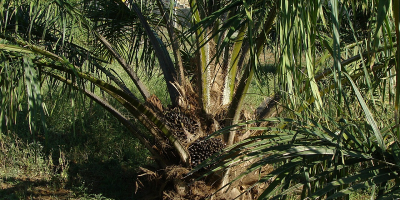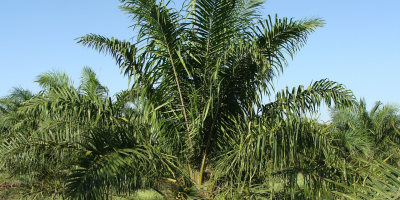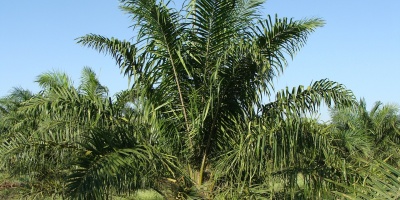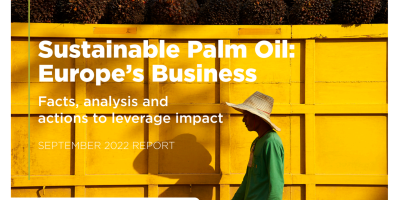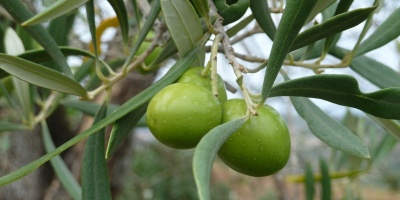Along with carbohydrate and protein, fat is one of the three main macronutrients. In common use, ‘oil’ refers to a fat with short or unsaturated fatty acid chains that is liquid at room temperature. ‘Fat’ refers to those which are solid at room temperature. Some specific types of fatty acids such as alpha-linolenic acid (an omega-3 fatty acid) and linoleic acid (an omega-6 fatty acid) are called ‘essential’ because they cannot be synthesised in the body from simpler components but must be obtained from specific foods. The health profile of fats differs; omega 3s (found in oily fish) are beneficial, but saturated fats (found in animal products and palm oil) are associated with heart disease. Fat production is often a cause of environmental concern. For example, butter production, as an animal product, is GHG intensive while plant-based palm oil has driven tropical deforestation, forest fires and CO2 release (e.g. in Indonesia and Malaysia). Soy production (to produce both oil and animal feed) is also associated with deforestation and attendant harms as well as with livestock-related impacts. Oils are increasingly produced for the biofuel sector.






